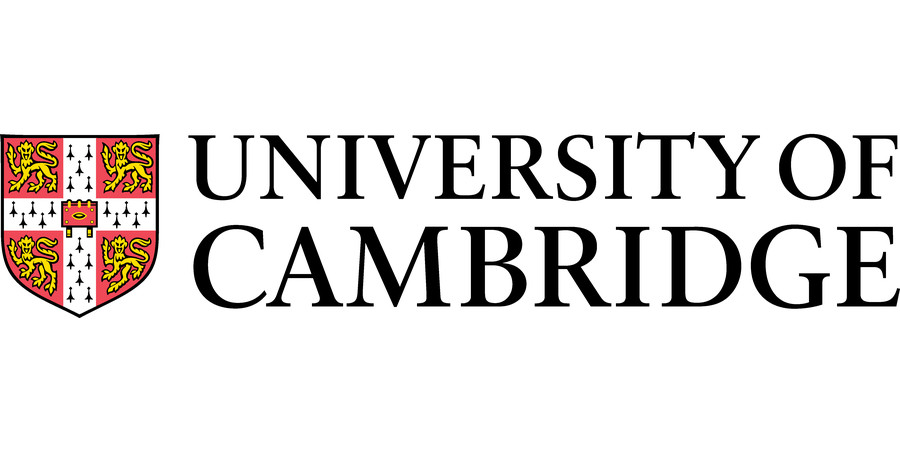CRUK CI PhD Studentship: Development and Application of Computational Tools for the Early Detection and Deconstruction of Chromosomal Instability in Cancer
University of Cambridge - Cancer Research UK Cambridge Institute
| Qualification Type: | PhD |
|---|---|
| Location: | Cambridge |
| Funding for: | UK Students, International Students |
| Funding amount: | £22,500 |
| Hours: | Full Time |
| Placed On: | 9th September 2025 |
|---|---|
| Closes: | 17th October 2025 |
| Reference: | SW47203 |
Supervisor: Professor Florian Markowetz
Course start date: 1st Oct 2026
Overview
Professor Florian Markowetz wishes to recruit a student to work on the project entitled: “Development and application of computational tools for the early detection and deconstruction of chromosomal instability in cancer”
For further information about the research group, including their most recent publications, please visit Markowetz group website at www.cruk.cam.ac.uk/research-groups/markowetz-group
Project details
Chromosomal instability (CIN) is a hallmark of cancer and is prevalent across many cancers including, breast, ovarian, and oesophageal. CIN is frequently associated with poor prognosis, higher tumour heterogeneity, and treatment resistance. As such there is a need to both detect cancers with CIN earlier as well as understand the mechanisms driving CIN.
This project will aim to build upon previous work within the group developing computational methodologies to detect and deconvolute the mutational processes associated with CIN [1], leveraging single-cell DNA sequencing understand CIN heterogeneity [2], and development and implementation of machine learning and AI models to imaging data [3]. The student will be tasked with the development of new models for the early detection of CIN cancers, applying bleeding edge computational methods and machine learning approaches to improve detection and understanding of CIN cancers, as well as aim to build models to improve patient survival and treatment outcomes.
Importantly, this project aims to allow the applicant to either their focus interests towards methods for cancer genomics or methods for early detection in imaging, with the opportunity to perform cross-cutting research combining these two areas of research, depending on candidates’ preferences.
References/further reading
[1] A pan-cancer compendium of chromosomal instability http://doi.org/10.1038/s41586-022-04789-9
[2] scAbsolute: measuring single-cell ploidy and replication status http://doi.org/10.1101/2022.11.14.516440
[3] Triage-driven diagnosis for early detection of esophageal cancer using deep learning http://doi.org/10.1101/2020.07.16.20154732
Preferred skills/knowledge
We are seeking a highly motivated and independent candidate with strong analytical skills. The candidate should have a strong desire to develop novel computational methods and ML/AI tools to address challenging problems related to early detection and chromosomal instability in cancer. A background in computational biology, mathematics, or computer science is preferable, though we welcome applicants with relevant biological degrees with sufficient computational background.
Funding
This four-year studentship is funded by Cancer Research UK Cambridge Institute and includes full funding for University fees and an index-linked stipend starting at £22,500 for four years.
Eligibility
We welcome applications from both UK and overseas students
Applications are invited from recent graduates or final-year undergraduates who hold or expect to gain a First/Upper Second Class degree (or equivalent) in a relevant subject from any recognised university worldwide.
Applicants with relevant research experience, gained through Master’s study or while working in a laboratory, are strongly encouraged to apply.
How to apply
Please apply via the University Applicant Portal. For further information about the course and to access the Applicant Portal, please click on the 'Apply' button above.
You should select to commence study in October 2026.
Deadline
The closing date for applications is 17th October 2025 with interviews expected to take place in the week beginning 5th January 2026.
Advert information
Type / Role:
Subject Area(s):
Location(s):









